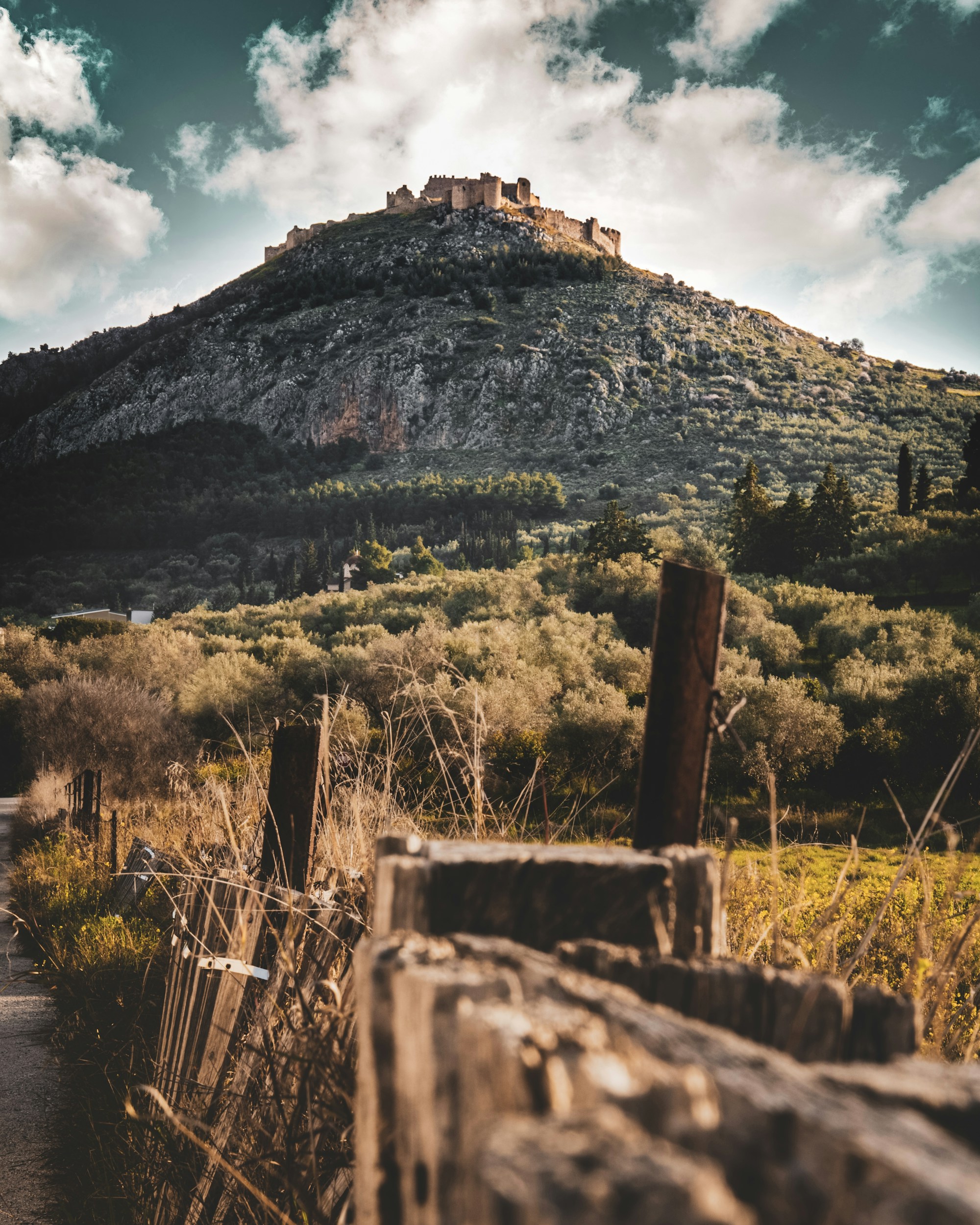Discover Argos: History, Customs, Traditions, and Festivals Guide
Explore Argos: Uncover its rich history, traditions, and vibrant festivals in our comprehensive guide. Dive into culture!

Discover Argos: History, Customs, Traditions, and Festivals Guide
Welcome to Argos, one of Greece's oldest cities, rich in history and culture. This guide will help you explore Argos’s fascinating past, its vibrant customs and traditions, and the lively festivals that capture the spirit of this ancient city. Embark on a journey through time and local culture with us.
Historical Background
Argos, located in the northeastern part of the Peloponnese peninsula, is reputed to be one of the longest continuously inhabited cities in the world. Its history dates back to the Mycenaean period, around 1600-1100 BCE. The city flourished during Ancient Greece, playing a pivotal role in the region.
The city was renowned for its contributions to Greek arts and politics. Notable historical sites include:
- Argos Theatre: One of the largest ancient theatres in Greece, capable of seating 20,000 spectators.
- Larisa Fortress: Named after the mythical daughter of Pelasgus, this fortress offers panoramic views of the city.
- Heraion of Argos: This sanctuary was dedicated to Hera, the queen of the gods.
Customs and Traditions
Argos's customs and traditions are deeply rooted in its historical and cultural heritage. Several practices have been handed down through generations, reflecting the city’s rich past.
Local Cuisine
The cuisine of Argos, like that of Greece in general, is characterized by its simplicity and use of fresh ingredients. Key elements include:
- Olive Oil: Often referred to as "liquid gold," it is a staple in nearly every dish.
- Lamb: A popular meat often prepared with aromatic herbs and spices.
- Seafood: Freshly caught fish and octopus are common in local meals.
- Feta Cheese: This brined curd cheese is used extensively in salads and appetizers.
Traditional Clothing
Traditional clothing is often worn during festivals and special occasions. Typical attire includes:
- Men: Fustanella (a knee-length garment) paired with a fermeli (a short vest).
- Women: Amalia dress, known for its rich embroidery and vibrant colors.
Music and Dance
Music and dance form the soul of Argos’s cultural life. The city cherishes its folk music, which is played using instruments like the lyre, bouzouki, and clarinet. Traditional dances such as the “Kalamatianos” and the “Tsamikos” are performed during various celebrations.
Festivals and Celebrations
Argos hosts numerous festivals throughout the year, reflecting its cultural vibrancy and historical significance.
Carnival (Apokries)
The Carnival season, or “Apokries,” is a series of festive events leading up to Lent. People dress in colorful costumes and masks, participate in parades, and enjoy street performances. Key highlights include:
- Last Sunday Parade: The finale of the Carnival season with an extravagant parade and fireworks.
- Tsigonopempti: Known as “Smokey Thursday,” where grilling meat is a central theme.
Easter
Easter is the most important religious festival in Greece, and Argos celebrates it with great fervor. The Holy Week features various rituals and traditions:
- Good Friday: Processions reenacting the funeral of Christ.
- Holy Saturday: Midnight Mass and the joyous “Resurrection Service” followed by fireworks.
- Easter Sunday: Families gather to enjoy a feast, including lamb roasted on a spit.
Panagia Katakekrymeni Monastery Festival
This festival takes place on May 23rd in honor of the Panagia Katakekrymeni (Holy Virgin). The festivities include religious services, processions, and traditional dancing. The monastery offers a magnificent view of Argos, attracting numerous visitors.
Argos Orestikon Festival
Held in the summer, this cultural festival celebrates the arts with theatrical performances, music concerts, and exhibitions. It's an excellent opportunity for visitors to experience the creative spirit of Argos.
Local Anecdotes and Interesting Facts
The city of Argos is teeming with legends and historical anecdotes. Here are a few captivating tales:
- Perseus: According to Greek mythology, the legendary hero Perseus, founded Mycenae nearby. His mythic exploits, including slaying Medusa, are integral to Argos’s folklore.
- Kleiston Antron: A hidden cave near the Argolis plain, said to be a refuge for the goddess Hera, it offers fascinating explorations for history buffs.
- Drinking Fountains: Argos is known for its ancient drinking fountains, many dating back to the Roman period and still in use.
Useful Information
- Best Time to Visit: Spring (April-June) and Autumn (September-October) are ideal due to the mild weather.
- Language: Greek is the official language. English is widely understood, especially in tourist areas.
- Currency: Euro (€).
- Transportation: Renting a car is recommended for exploring Argos and its surroundings.
Embark on an unforgettable journey to Argos, where history and tradition come alive. Whether you're drawn to its ancient ruins, vibrant festivals, or the warmth of its people, Argos promises an enriching experience.
